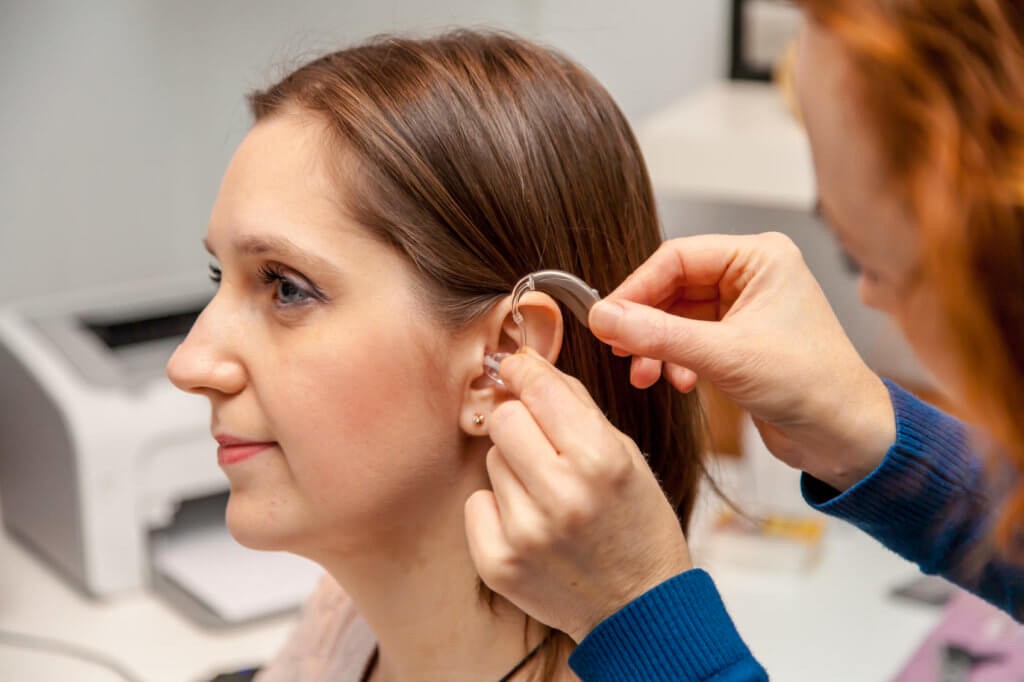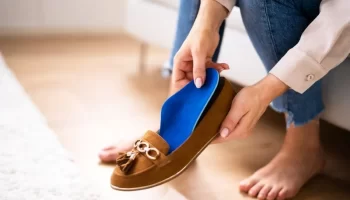Hearing aids are not just for the elderly. There are many people who have hearing loss that is not severe enough for a hearing aid, but can still be helped by them.
Hearing aids are one of the most popular devices available to help those who suffer from hearing loss. However, with all the options out there, it’s sometimes difficult to know what type of hearing aid you should get and where to buy it.
Hearing aids are small electronic devices that are worn in or behind your ear to amplify sounds. They can be programmed to maximize your ability to hear different types of sounds and environments. There are many different styles and types of hearing aids available, so it’s important to know what you want from them before shopping for them.
Hearing aids come in many different shapes, sizes and colors but all work with the same basic principle: amplify sound waves so they can travel more easily through your ears and into your brain. The amplified sound travels through a tube called an ear mold that fits into your canal and opens into your ear drum which vibrates with sound waves. The vibration is converted into electrical signals by tiny sensors inside the hearing aid device and sent through wires to other parts of the device where they are amplified and then sent back through another wire into your ear canal where they vibrate your eardrum again and become sound waves that travel through the air around you.
There are two main types of hearing aids:
In-the-ear (ITE) hearing aids. These are the standard type of hearing aid, typically worn in one ear. They’re small, discreet and easy to use. However, some people find that they can’t hear as well with ITE hearing aids as they could with a different style.
Behind-the-ear (BTE) hearing aids. BTEs sit behind your ear and have a tube-like part that fits into your ear canal. They’re larger than ITEs but have better sound quality because they can fit more components in them than other styles of hearing aid can.
Your budget is going to be one of the most important factors in choosing a hearing aid. If you have just a little money to spend on hearing aids, then you may want to consider an over-the-counter option from an audiologist or online retailer. These devices come in at around $500-$700 per ear and will work well for mild-to-moderate hearing loss. The downside is that they are not custom made for your ears, so they won’t fit perfectly or sound as good as custom-made models.
If you are looking for the right ones buy hearing aids from Peter Byrom.







